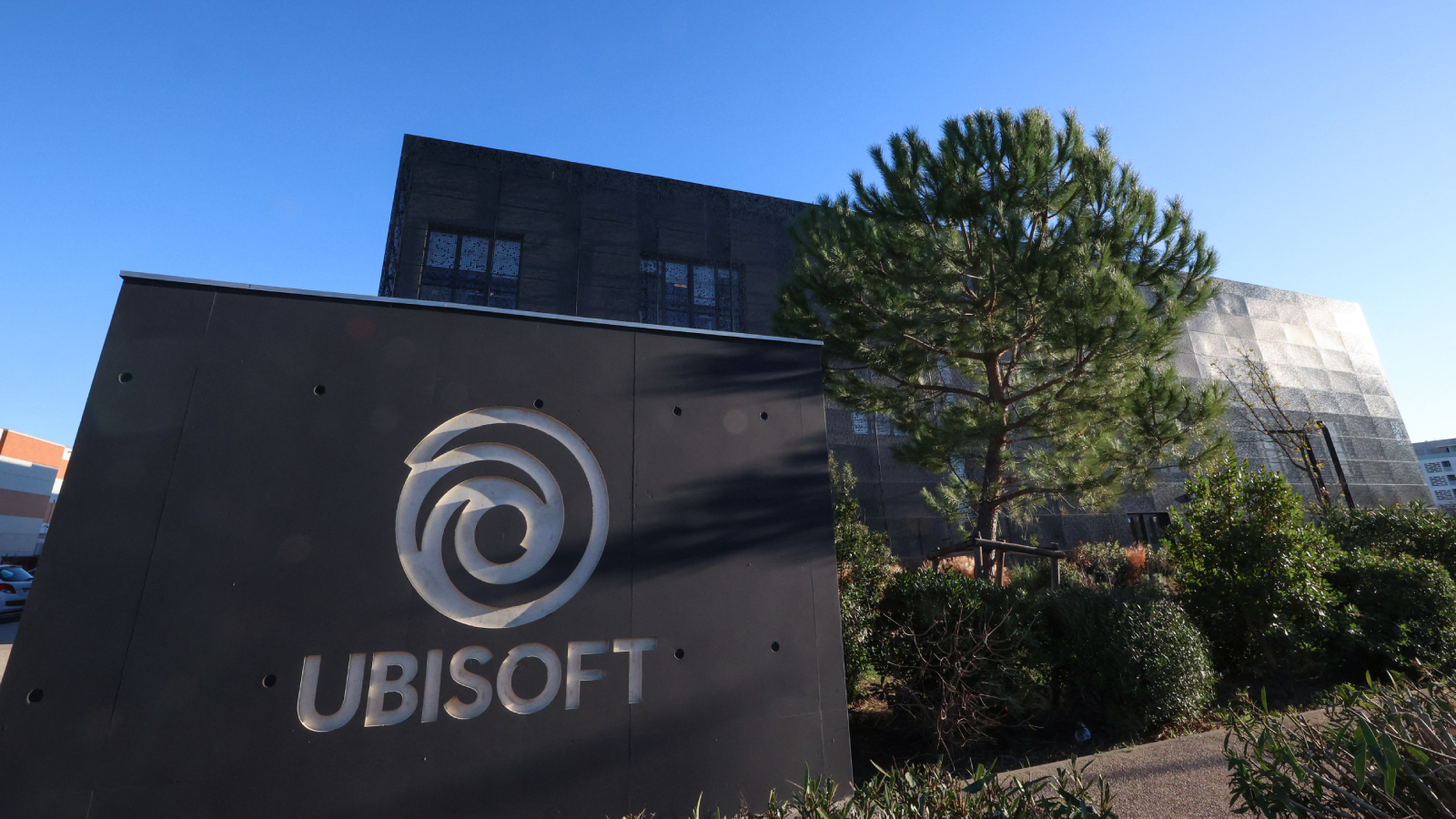French Ubisoft employees urged to strike over new return to office policy: 'The consequence of its decision will be the loss of our colleagues' jobs'
Ubisoft walked back its remote work policy following troubled employee negotiations.

The SJTV (Le Syndicat des Travailleurs et Travailleuses du Jeu Vidéo), a French videogame workers union, has called all Ubisoft employees in France to join in a three-day strike in October, to protest changes in the publisher's global remote work policy. Earlier this week, Ubisoft informed its employees that all workers—in every office, worldwide—would now be expected to return to office work at least three days a week (via GamesIndustry.biz).
"This announcement was made without any tangible justification or any consultation with the workers' representatives," the SJTV said in its call to strike. "After more than five years of working efficiently in the current remote-work context, many of our colleagues have built or rebuilt their lives (family life, housing, parenthood, etc.) and simply cannot return to the previous working conditions. Our employer knows this perfectly well. The consequence of its decision will be the loss of our colleagues' jobs, the disorganization of many game projects, and the drastic increase in psychosocial risks for those who remain."
The SJTV is joined in its call to strike by the Solidaires Informatique Jeu Vidéo and the FIECI CFE-CGC, fellow French trade unions who have tweeted a unified call to action. The strike is set to take place on October 15, 16, and 17.
According to the SJTV, Ubisoft's change in remote work policy immediately followed the collapse of negotiations over an employee profit sharing agreement. "Management's proposals were unacceptable, the negotiations' timetable was appalling, and management was deaf to the proposals of the various Employee representatives," the SJTV said.
The SJTV's strike demands include a formal agreement on remote work policy, salary increases, restoration of profit-sharing, and a commitment to respectable dialogue between management and employee representatives.
The October work stoppage will mark the second strike from French Ubisoft employees this year. In February, French labor unions called for a strike after annual salary negotiations with Ubisoft management failed to reach an agreement. As reported by Eurogamer, more than 700 employees from Ubisoft's Paris, Montpellier, Bordeaux, Lyon, and Annecy studios participated in the one-day strike on February 14.
French labor laws, which require annual negotiations between employers and union representatives, offer substantial protections for striking workers. Thanks to rights enshrined in the French constitution, it's illegal for French employers to retaliate against any "collective and concerted cessation of work in view of supporting professional demands" in which two or more workers participate.
The biggest gaming news, reviews and hardware deals
Keep up to date with the most important stories and the best deals, as picked by the PC Gamer team.
The latest strike announcement caps off a week of turmoil for Ubisoft, which saw the publisher announce the delay of Assassin's Creed Shadows after abruptly cancelling its planned appearance at Tokyo Game Show.
Lincoln has been writing about games for 11 years—unless you include the essays about procedural storytelling in Dwarf Fortress he convinced his college professors to accept. Leveraging the brainworms from a youth spent in World of Warcraft to write for sites like Waypoint, Polygon, and Fanbyte, Lincoln spent three years freelancing for PC Gamer before joining on as a full-time News Writer in 2024, bringing an expertise in Caves of Qud bird diplomacy, getting sons killed in Crusader Kings, and hitting dinosaurs with hammers in Monster Hunter.

